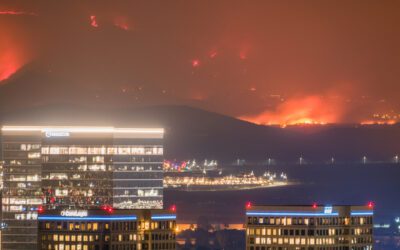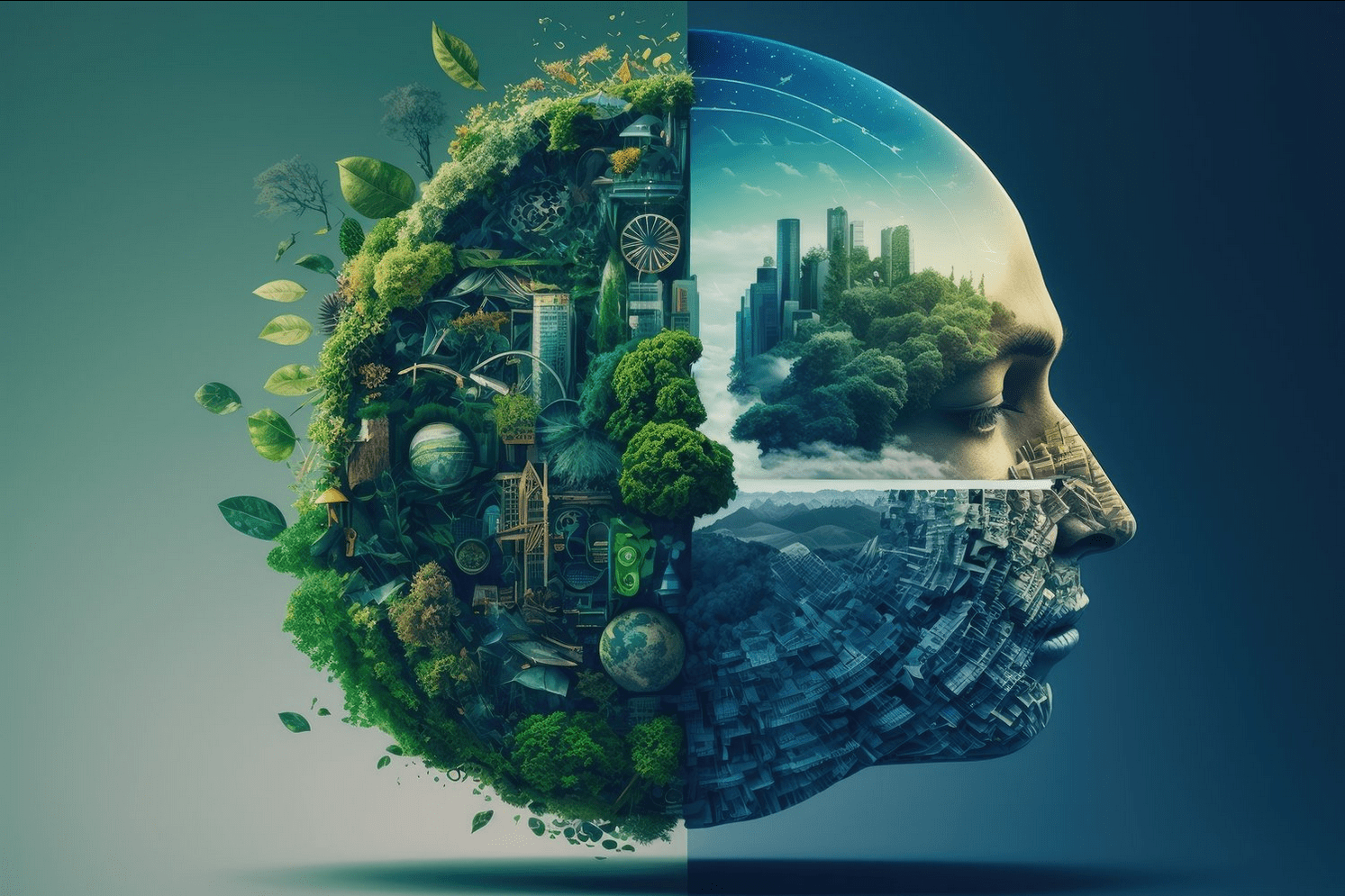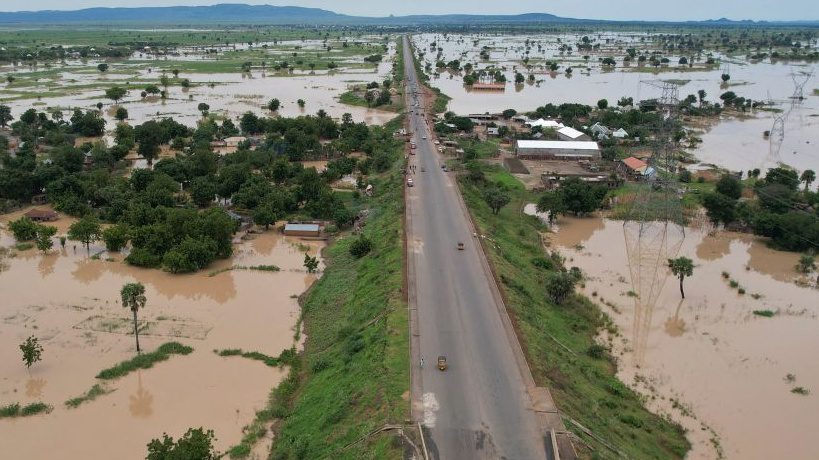by Daniel Hoyer in The Conversation….Our goal is to find out what drove these societies into crisis, and then what factors seem to have determined whether people could course-correct to stave off devastation.
Global energy-related CO2 emissions hit record high in 2023 – IEA
by Reuters in Climate Home News…Global emissions from energy rose by 410 million tonnes, or 1.1%, in 2023 to 37.4 billion tonnes, hitting a record hight
Crop insurance costs explode
by Robert Arnason in The Western Producer…Those massive payments are connected to the severe drought of 2021, which crushed crop yields across much of Western Canada. There’s also the factor of higher prices for grains, oilseeds and pulse crops, which exacerbated the size of crop insurance payments.
Forget the partisan hype, Aust farmers are preparing for the extremes of climate change
by Jamie Seidel in Cosmos Magazine…Farmers consider the animal breeds and crop types they produce to be flexible choices. Others are prepared to relocate operations to chase the conditions their particular produce needs.
Pivotal moment for humanity as disasters threaten to converge
by David Nield in Science Alert…The researchers warn of a catastrophic loss of crop-growing capacity with up to half the global area for growing wheat and maize potentially lost, putting the “stability of our societies” under threat. These processes are already well underway, with more than 27 million children driven into hunger by extreme weather in 2022 alone.
What a major solar storm could do to our planet
by Kathryn Schulz in The New Yorker…Scientists can’t predict what will happen in space. All they can do is try to identify a threat quickly enough to minimize its impact on everything that it might damage or destroy.
Systemic wisdom for and beyond systems change – A critical systems perspective convening not only indigenous traditions of wisdom
by Louis Klein in EUSG.org…Systemic wisdom facilitates the re-entry of trust and love into science. And though this challenges the modern worldviews and the contemporary self-perception of sciences, it allows for translating knowing into understanding and knowledge into wisdom. We may lose the option of heroic systems change, yet we gain the possibility to realise a humanising society embedded in systemic wisdom.
Rebecca Solnit: Slow Change Can Be Radical Change
by Rebecca Solnit…..We are impatient creatures, impatient for the future to arrive and prone to forgetting the past in our urgency to have it all now.
Redefining philanthropy for global collective resilience: Embracing the polycrisis paradigm
Connecting people, north and south, and convening conversations to share approaches, practices and learnings is vital to inspire and to harness the real potential value for all of our philanthropic contributions. Read full article on WingsWeb.org
Towards multivalent currencies, bioregional monetary stewardship and a distributed global reserve currency
from Dark Matter Labs.org…Ultimately we hope to convene a community who have diverse skills and experiences beyond our own; a distributed team united in designing and building the alternative monetary system that we so desperately require. A first step towards that is to think carefully about what a desirable monetary system might in fact contain.





